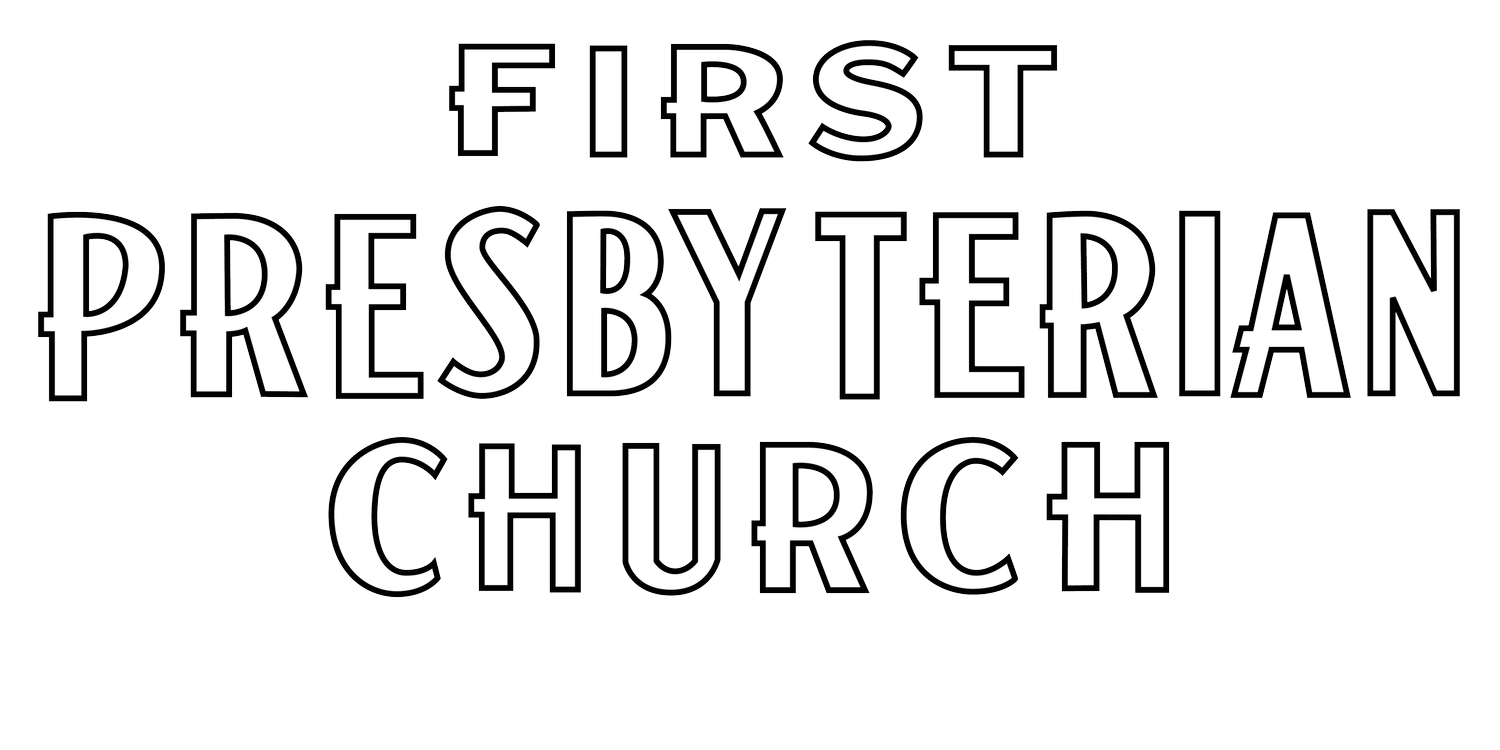A Cantata for Several Voices – Isaiah 40:1-10
[Tenor]
Console my people.
Speak to Jerusalem’s heart
and call out to her.
She’s been treated like a thief,
but her term is now over.
[Bass]
In the wilderness
prepare a way for our God
with the valleys filled.
The crooked will be made straight,
and everyone will see it.
[Alto]
We are all passing
like flowers in the field
on whom the wind blows.
What rescues us is the Word.
Our God’s love is forever.
[Soprano]
On a high mountain
go up and be a herald
with love in your heart.
See – you are coming back home.
Here is your God and savior.
[Chorus]
God comes in power,
but like a gentle shepherd
He cares for his flock.
He will gather all the young;
each person will find their home.
Reflection
Many scholars believe that a penultimate version of the Hebrew Bible was assembled during the Babylonian Exile (598-538 BC) though a final version would take centuries longer. I imagine what we now recognize as chapters 1-39 of the Book of Isaiah reached something close to their present form during the time of Exile. The prophet Isaiah, son of Amoz (the original Isaiah), lived a century before then in Jerusalem and probably died around 700 BC. Some scholars conjecture that a community of Isaiah composed of scholars, poets, and prophets might have begun during the Exile and continued into succeeding centuries writing and editing what we know as Isaiah chapters 40-66. I like to think that what began as a community in exile dedicated to preserving the poetry of Isaiah, son of Amoz, became a community of prophets and poets with a multifaceted vision. A complete book of Isaiah dating to Jesus’ time was found among the Dead Sea Scrolls. It was written mostly in Hebrew but also included Aramaic and Greek. I like to imagine Jesus reading as well as living the message of the Isaiah community.
The Jerusalem Bible breaks Isaiah 40/1-10 into 5 sections. I have tried to keep those same sections though rendering each one in the form of Japanese renga, verses of 5-7-5-7-7 syllables. Renga itself is also a form for different voices. In Handel’s Messiah although he doesn’t use all of verses Isaiah 40/1-10, what he does write from this is in 4 different parts, all in the King James version of English. There are different voices, but they speak to a new beginning, a new homecoming, whether we see that as a coming home from Exile or the coming of the Messiah or both. Prophets are not just about the future or some future past. They can speak to us now. I hope you will read again A Cantata for Several Voices to help you decide.
Blessings…John
